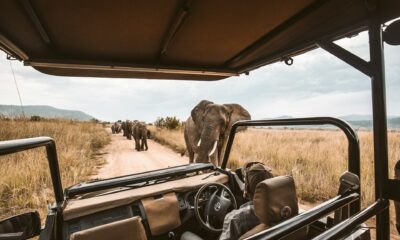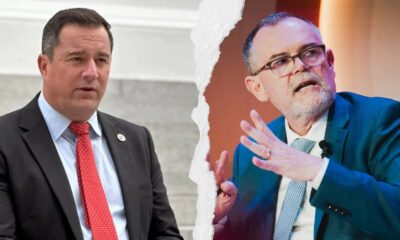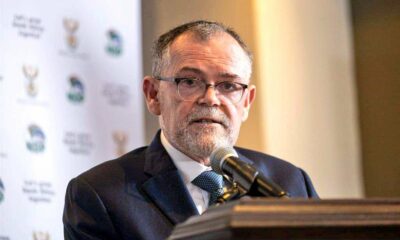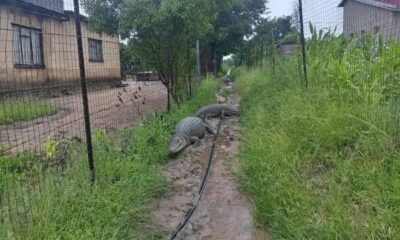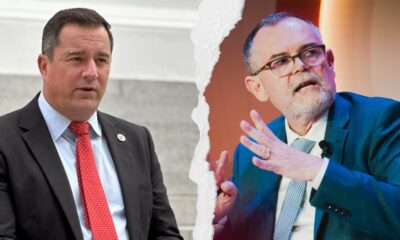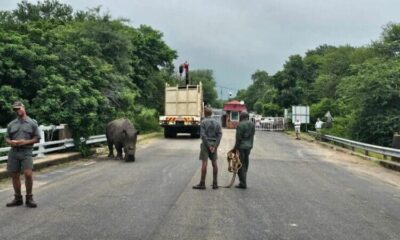Business
Government Targets R8 Million in Green Finance With 59 New Biodiversity Projects
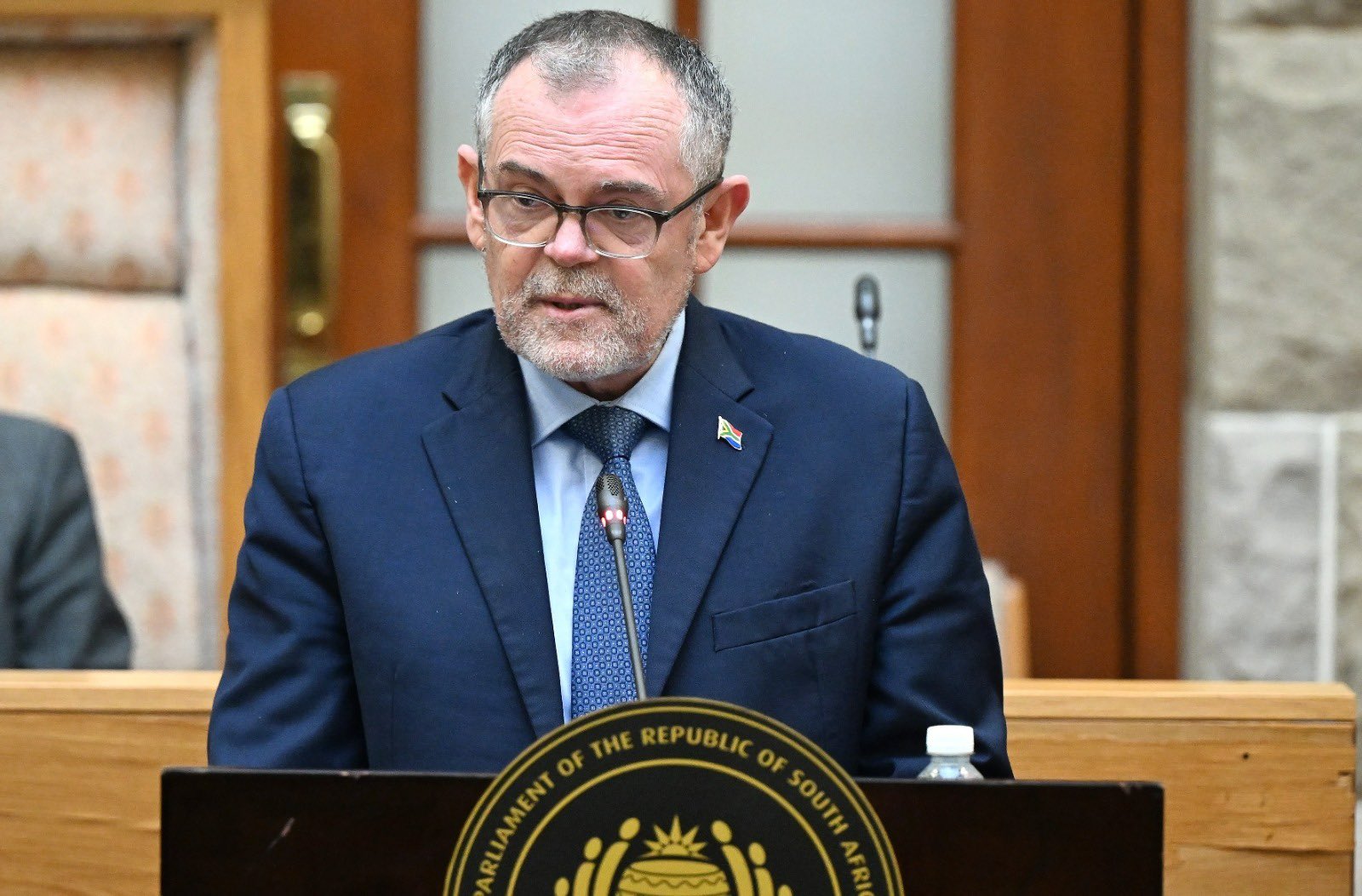
South Africa leans on nature to grow jobs, attract investment, and finance sustainability goals
In a strategic move to transform South Africa’s natural heritage into an economic powerhouse, the government has unveiled 59 new biodiversity projects set to generate over R8 million in green finance. The plan, announced by Forestry, Fisheries and Environment Minister Dr Dion George during the department’s budget vote speech in Parliament on Friday, signals a new era of environmental entrepreneurship.
The projects already highlighted on a new biodiversity investment portal, aim to attract both local and international investors eager to fund climate-positive, socially impactful ventures in South Africa.
Nature Meets Business: A New Biodiversity Economy
Faced with budget constraints and climate challenges, the Department of Forestry, Fisheries and the Environment (DFFE) is shifting gears. Instead of relying solely on public funds, the department is doubling down on what it calls bankable biodiversity, projects that can deliver both conservation wins and financial returns.
“In the face of budget cuts, the DFFE is doubling down on financial discipline and innovation to ensure every rand unlocks value for people and the environment,” George said.
From eco-tourism and habitat restoration to carbon offset schemes and green infrastructure, these projects reflect a global trend: investing in nature is not just good for the planet, it’s smart economics.
Carbon Credits, Tourism & Community Upliftment
A key pillar of the new strategy is unlocking the value of carbon credits. Draft regulations are in the works to allow environmental assets to be monetised, providing companies and investors with new ways to offset their emissions and support local conservation efforts.
The biodiversity investment portal, a matchmaking platform between funders and environmental entrepreneurs — already has at least $450,000 (over R8 million) in committed green finance, with more expected as the portal gains traction.
On the ground, several flagship institutions are already seeing results:
-
SANParks has created over 21,000 full-time jobs via the Expanded Public Works Programme (EPWP) in the past five years.
-
iSimangaliso Wetland Park has signed 62 commercialisation contracts and will begin collecting direct revenue from new tourism concessions starting in September 2025.
-
SANBI will soon launch a $40 million Green Climate Fund project, expected to benefit more than 1.8 million people directly and indirectly through ecosystem-based disaster risk reduction.
Green Finance, Real Jobs, Lasting Impact
What makes this wave of biodiversity investment stand out is its dual purpose: every project must have both environmental and socio-economic impact. It’s about planting trees and creating jobs, restoring wetlands and building local economies.
In an economic climate where growth is slow and fiscal space is shrinking, this model offers something rare, hope. Hope that through smart, sustainable investment, South Africa’s rich biodiversity can do more than survive, it can thrive, employ, and uplift.
Local Reaction and Global Momentum
Environmental groups and green business advocates have praised the announcement, calling it a “turning point” in the country’s relationship with its natural assets.
“There’s huge potential in Africa’s biodiversity if we treat it not just as something to protect, but as something to power inclusive growth,” said a Cape Town-based climate finance advisor on X (formerly Twitter).
On the global stage, South Africa’s biodiversity ambitions align with the rising momentum for climate finance and nature-based solutions, especially ahead of upcoming climate summits and G20 environmental working groups.
A Greener Economy, One Investment at a Time
With over R8 million already unlocked and dozens of projects in the pipeline, South Africa is putting action behind its rhetoric on sustainability. But for this green economy to grow, continued investment, regulatory clarity, and cross-sector collaboration will be key.
“We’re not just talking green,” said George. “We’re investing in it and we’re inviting the world to join us.”
{Source: IOL}
Follow Joburg ETC on Facebook, Twitter , TikTok and Instagram
For more News in Johannesburg, visit joburgetc.com

